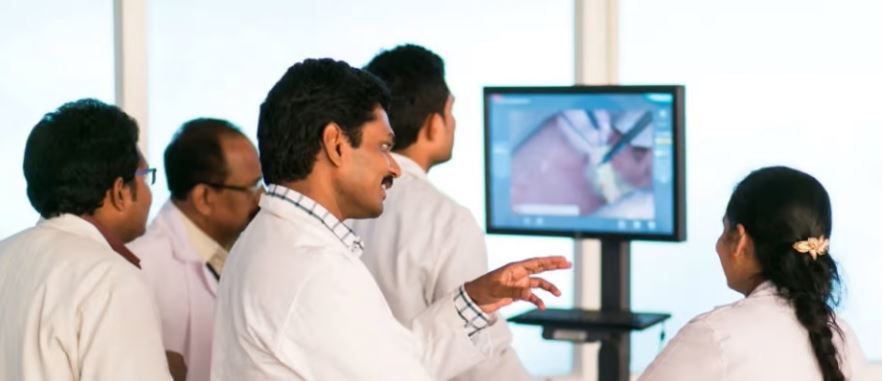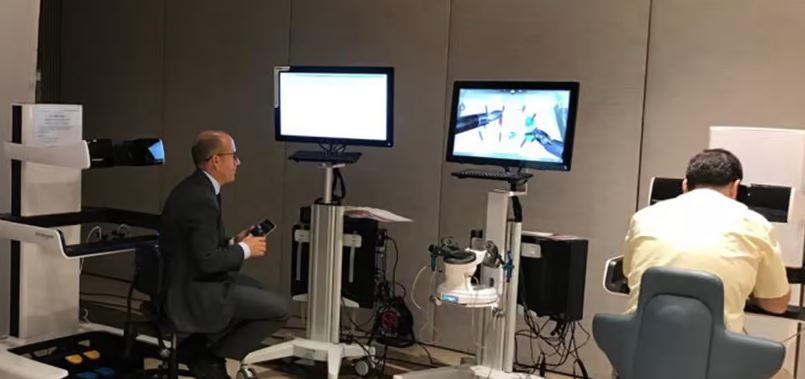技术
- 平台即服务 (PaaS) - 应用开发平台
- 传感器 - 自动驾驶传感器
适用行业
- 水泥
- 教育
适用功能
- 产品研发
- 质量保证
用例
- 快速原型制作
- 时间敏感网络
服务
- 测试与认证
- 培训
关于客户
Actiwity 的主要客户是正在寻找创造性方法让孩子参与学习活动的父母和看护者。该应用程序还专为儿童使用而设计,为他们提供各种不仅有趣而且具有教育意义的活动和游戏。客户是那些重视与孩子共度美好时光的人,并且正在寻找方法将孩子的无聊和未利用的潜力转化为富有成效的学习时间。他们还欣赏触手可及的各种活动和游戏的便利性,而无需屏幕、道具或必需品。该平台的开源性质也吸引了想要与他人分享自己的想法和最佳实践的客户。
挑战
Actiwity 是一款育儿应用程序,由 Ing 博士创立。 Michal 和 Jana Kümmel 的目标是通过学习将孩子们的无聊、未利用的潜力和疲劳转化为优质时间。创始人本身就是父母,他们面临着创建一款应用程序的挑战,该应用程序可以鼓励父母和看护者发挥更大的创造力并分享他们的最佳实践。他们希望为儿童创建一个开源的活动和游戏平台,不仅可以娱乐,还可以教育。我们面临的挑战是创建一款易于使用、互动且对父母和孩子都有益的应用程序。创始人还希望确保应用程序上的活动和游戏不需要屏幕、道具或必需品,使用户能够轻松访问和方便。
解决方案
创始人选择了 Bubble(一种无代码工具)来构建他们的应用程序。 Bubble 为他们提供了构建自己的网络应用程序所需的功能,而无需编写代码。该应用程序的工作原理是允许父母、看护者或孩子查找各种目的的活动、请求特定目的的活动、添加活动、扩展活动描述和活动元标签,以及审查活动以推广最好的活动并设置一个活动。质量基准。创始人能够根据收到的反馈实时修改他们的原型并立即进行测试。 Bubble社区也在整个开发过程中为他们提供了支持和帮助。创始人计划添加活动雷达、主题标签目的雷达等新功能,添加音频和视频活动,并探索人工智能创建活动等想法。
运营影响
数量效益

Case Study missing?
Start adding your own!
Register with your work email and create a new case study profile for your business.
相关案例.

Case Study
System 800xA at Indian Cement Plants
Chettinad Cement recognized that further efficiencies could be achieved in its cement manufacturing process. It looked to investing in comprehensive operational and control technologies to manage and derive productivity and energy efficiency gains from the assets on Line 2, their second plant in India.

Case Study
Revolutionizing Medical Training in India: GSL Smart Lab and the LAP Mentor
The GSL SMART Lab, a collective effort of the GSL College of Medicine and the GSL College of Nursing and Health Science, was facing a challenge in providing superior training to healthcare professionals. As clinical medicine was becoming more focused on patient safety and quality of care, the need for medical simulation to bridge the educational gap between the classroom and the clinical environment was becoming increasingly apparent. Dr. Sandeep Ganni, the director of the GSL SMART Lab, envisioned a world-class surgical and medical training center where physicians and healthcare professionals could learn skills through simulation training. He was looking for different simulators for different specialties to provide both basic and advanced simulation training. For laparoscopic surgery, he was interested in a high fidelity simulator that could provide basic surgical and suturing skills training for international accreditation as well as specific hands-on training in complex laparoscopic procedures for practicing physicians in India.

Case Study
IoT platform Enables Safety Solutions for U.S. School Districts
Designed to alert drivers when schoolchildren are present, especially in low-visibility conditions, school-zone flasher signals are typically updated manually at each school. The switching is based on the school calendar and manually changed when an unexpected early dismissal occurs, as in the case of a weather-event altering the normal schedule. The process to reprogram the flashers requires a significant effort by school district personnel to implement due to the large number of warning flashers installed across an entire school district.

Case Study
Digital Transformation of Atlanta Grout & Tile: An IoT Case Study
Atlanta Grout & Tile, a Tile, Stone & Grout restoration company based in Woodstock, Georgia, was facing challenges with its traditional business model. Despite steady growth over the years, the company was falling behind the web revolution and missing out on the opportunity to tap into a new consumer base. They were using independent software from different vendors for each of their department information and workforce management. This resulted in a lot of manual work on excel and the need to export/import data between different systems. This not only increased overhead costs but also slowed down their response to clients. The company also had to prepare numerous reports manually and lacked access to customer trends for effective business decision-making.

Case Study
Implementing Robotic Surgery Training Simulator for Enhanced Surgical Proficiency
Fundacio Puigvert, a leading European medical center specializing in Urology, Nephrology, and Andrology, faced a significant challenge in training its surgical residents. The institution recognized the need for a more standardized and comprehensive training curriculum, particularly in the area of robotic surgery. The challenge was underscored by two independent studies showing that less than 5% of residents in Italian and German residency programs could perform major or complex procedures by the end of their residency. The institution sought to establish a virtual reality simulation lab that would include endourological, laparoscopic, and robotic platforms. However, they needed a simulator that could replicate both the hardware and software of the robotic Da Vinci console used in the operating room, without being connected to the actual physical console. They also required a system that could provide both basic and advanced simulation training, and a metrics system to assess the proficiency of the trainees before they performed surgical procedures in the operating theater.








